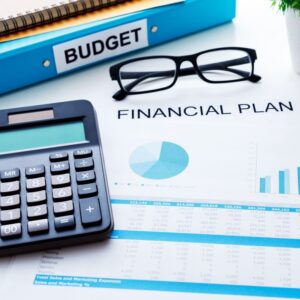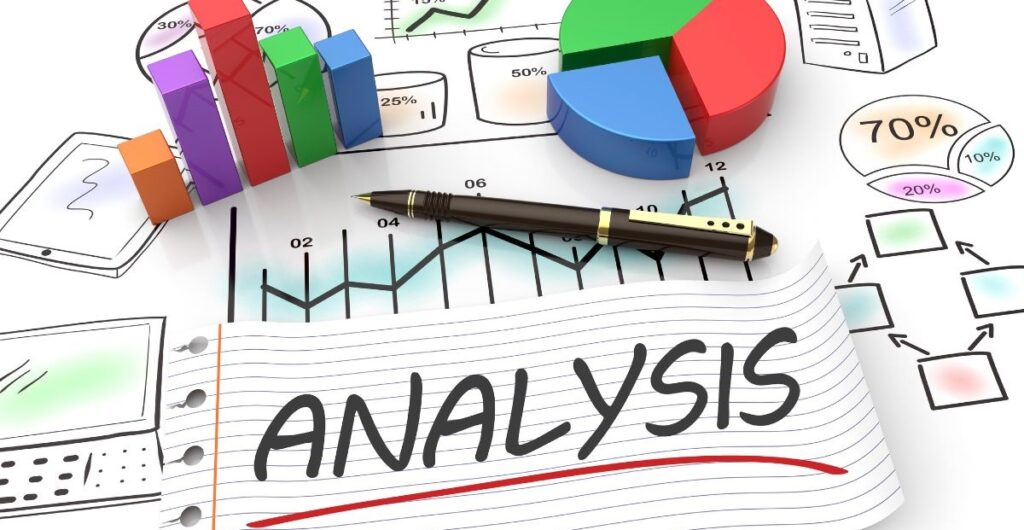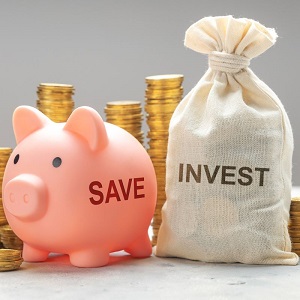 Since it’s the start of a new year, now is an excellent time to conduct a personal financial checkup. In every aspect of your life, it’s critical to have a checkup to see how you’re doing.
Since it’s the start of a new year, now is an excellent time to conduct a personal financial checkup. In every aspect of your life, it’s critical to have a checkup to see how you’re doing.
That way, you may make course corrections and stay on track to achieve the success you were born to have.
This is especially true when it comes to your finances. More than anything else, your financial health influences your well-being, self-confidence, and happiness.
Once or twice a year, you should assess where you are financially, where you want to go, and how to get there.
Follow these guidelines to do a personal financial checkup that will ensure you have the stability and success you deserve:
1. Determine Your Current Situation. If you don’t already have a family or personal budget, now is the time to start.
Simply list your monthly income and spending. Make a note of every dollar you spend.
Knowing your spending habits and the amount of money available will lead to better financial decisions.
If you already have a family budget, now is the time to double-check that all of your costs are documented and adequately paid.
An updated budget serves as your road map for the coming months.
The more clearly you see your financial situation, the more motivated you will be to make the necessary changes to achieve your goals.
2. Determine Your Financial Future. If you’ve previously set financial goals, consider if they still make sense in light of your present circumstances.
 Consider what is most important to you, and then align your financial budget and goals with those values.
Consider what is most important to you, and then align your financial budget and goals with those values.
To keep you motivated, setting a fun purchase or vacation in your budget is a good idea.
3. Examine All Your Insurance Policies. Your protection needs may change as your living circumstances change.
Examine your homes, health, and life insurance policies to ensure that your coverage suits your current needs.
Consider disability insurance as well, especially if you provide a source of income for your family.
4. Establish or Add to Your Emergency Fund. A reserve that can pay for unforeseen needs is the foundation of any financial plan.
If your car needs to be replaced or the roof on your house needs replacing, your emergency fund ensures that all the financial claims you made above are not jeopardized.
You don’t want to fall behind at the first unforeseen expense, so having an emergency fund can help you relax, knowing that you’re protected no matter what happens.
A well-funded emergency fund can provide this.
5. Create or Revise Your Will. While the end of life is a difficult subject for many people, it is critical to have your affairs in order.
You would want to leave financial support to the people you may leave behind if something were to happen to you.
6. Assess Your Investments. How is the performance of your investment portfolio?
Are you investing in the appropriate vehicles to meet your retirement, college savings, and other objectives?
If you are unfamiliar with this aspect of your financial picture, you should seek the guidance of a financial advisor.
7. If Necessary, Adjust Your Tax Withholding. Every year, many people make an interest-free loan to the federal government.
You should be close to breaking even by the end of the year. Instead of receiving a huge return, alter your deductions and invest the difference in a savings or money market account to earn interest.
8. Consider Forthcoming Life Changes. Do you foresee anything significant happening in the near future?
Is your vehicle getting old? Are there any upcoming expenses on your home or paying for your child’s college?
To finish your examination, consider potential expenses outside your typical budget and plan beforehand.
How To Save $10K Fast – Money Saving Tips Video:
Your Personal Financial Checkup will Keep You on Track!
Once you have established yourself as a candidate for financial success by assessing these parts of your family’s strategy, it is recommended that you conduct this personal financial checkup once or twice a year.
The keys to financial success are awareness, persistence, and the ability to dream large.
Your personal financial checkup will serve as a road map to keep you on track.






